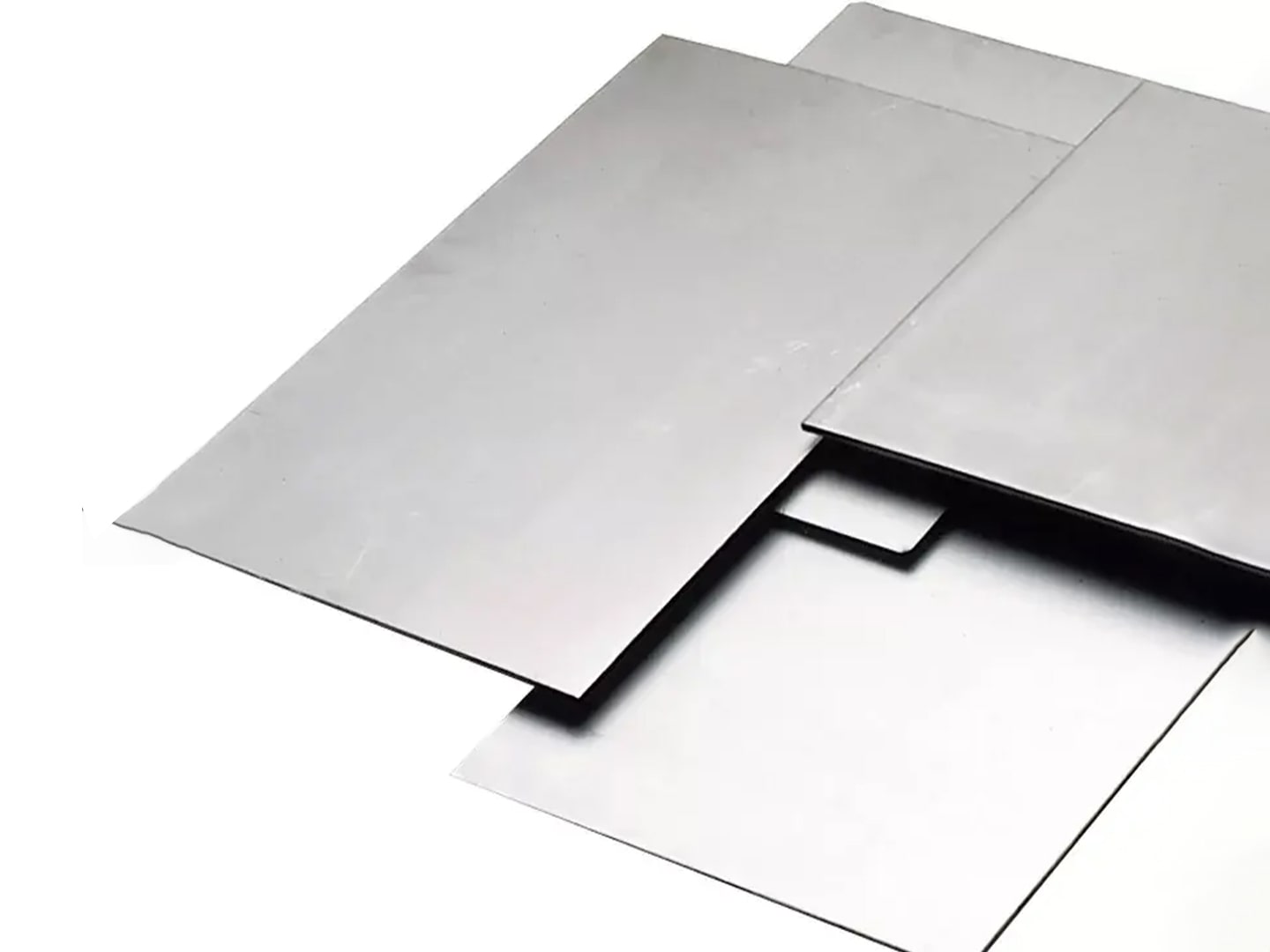
Project Information
Titanium plates are versatile and high-performance materials widely used in various industries. They offer exceptional strength, corrosion resistance, and low density, making them an ideal choice for applications that require durable and lightweight solutions. Titanium plates are commonly used in aerospace, marine, and industrial equipment manufacturing.
Titanium plates are commonly used in the following applications:
– Aerospace: Airframes, engine components, and spacecraft structures
– Marine: Shipbuilding, offshore platforms, and marine equipment
– Industrial equipment: Chemical processing, power generation, and desalination plants
– Architectural: Roofing, cladding, and interior design elements
– Sporting goods: Bicycle frames, golf clubs, and sports equipment
| Material | Density (g/cm³) | Tensile Strength (MPa) | Yield Strength (MPa) | Elongation (%) | Typical Thickness (mm) | Typical Width (mm) | Typical Length (mm) |
| Titanium (Grade 1) | 4.51 | 240 | 170 | 24 | 0.5 – 100 | 100 – 1500 | Up to 3000 |
| Titanium (Grade 2) | 4.51 | 300 | 240 | 20 | 0.5 – 100 | 100 – 1500 | Up to 3000 |
| Titanium (Grade 5) | 4.43 | 900 | 830 | 10 | 0.5 – 100 | 100 – 1500 | Up to 3000 |
| Titanium (Grade 6) | 4.51 | 860 | 780 | 12 | 5 – 100 | 100 – 1500 | Up to 3000 |
| Titanium Alloy (Ti-6Al-4V) | 4.43 | 900 | 830 | 10 | 0.5 – 100 | 100 – 1500 | Up to 3000 |
| Titanium Alloy (Ti-3Al-2.5V) | 4.48 | 830 | 720 | 12 | 5 – 100 | 100 – 1500 | Up to 3000 |
| Titanium Alloy (Ti-15-3-3-3) | 4.43 | 930 | 860 | 8 | 5 – 100 | 100 – 1500 | Up to 3000 |
| Titanium Alloy (Ti-6-2-4-6) | 4.45 | 980 | 860 | 10 | 5 – 100 | 100 – 1500 | Up to 3000 |
Advantages of Titanium Plate
• Corrosion Resistance: Highly resistant to corrosion in aggressive environments.
• Strength-to-Weight Ratio: Excellent strength relative to weight, beneficial for aerospace and automotive applications.
• Weldability: Many grades can be welded easily, adding versatility.
• Fatigue Resistance: Good resistance to fatigue, ideal for cyclic loading applications.
• Creep Resistance: Maintains strength at elevated temperatures, suited for high-performance environments.
